6. Cell 211 (2009)
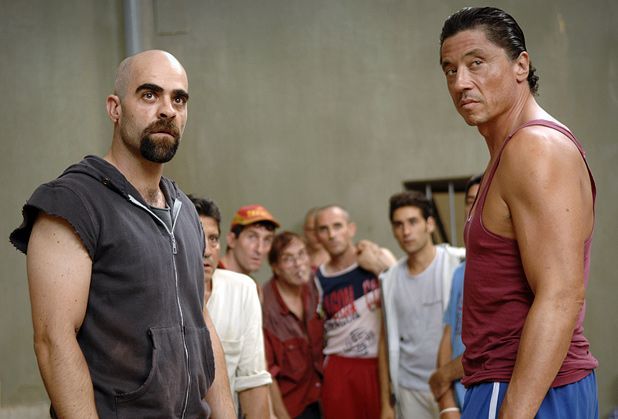
If, like us, you’ve already blazed through your Almodóvars, Buñuels and Erices and are currently looking to go beyond the basics for a healthy fix of Spanish cinema, we suggest you add Daniel Monzon’s riveting “Cell 211” to your watchlist. Though it struggled to catch on in foreign markets or even sniff an Oscar nod, as far as prison break-out movies go, this nail-biting pressure cooker about an inexperienced officer who must go undercover and pose as an inmate after unexpectedly being swept in a prison riot belongs to be mentioned in the same breath as cinema studies standards such as “Le Trou”, “Papillon” or “Escape from Alcatraz”.
Given the lean premise, you’d expect this to become a crowd-pleasing mainstream hit that could’ve made a strong Oscar push if given a chance, and perhaps even top the Netflix charts if it had been released in this day and age. Alas, the fact that the film failed to muscle its way into the awards race — in fact, it was actually snubbed as Spain’s Oscar submission for Best International Feature in favor of Fernando Trueba’s “The Dancer and the Thief” — ultimately prevented it from having any lasting impact overseas. Come for the thought-provoking morality play, stay for Luis Tosar’s live-wire performance as Malamadre.
7. Before the Devil Knows You’re Dead (2007)
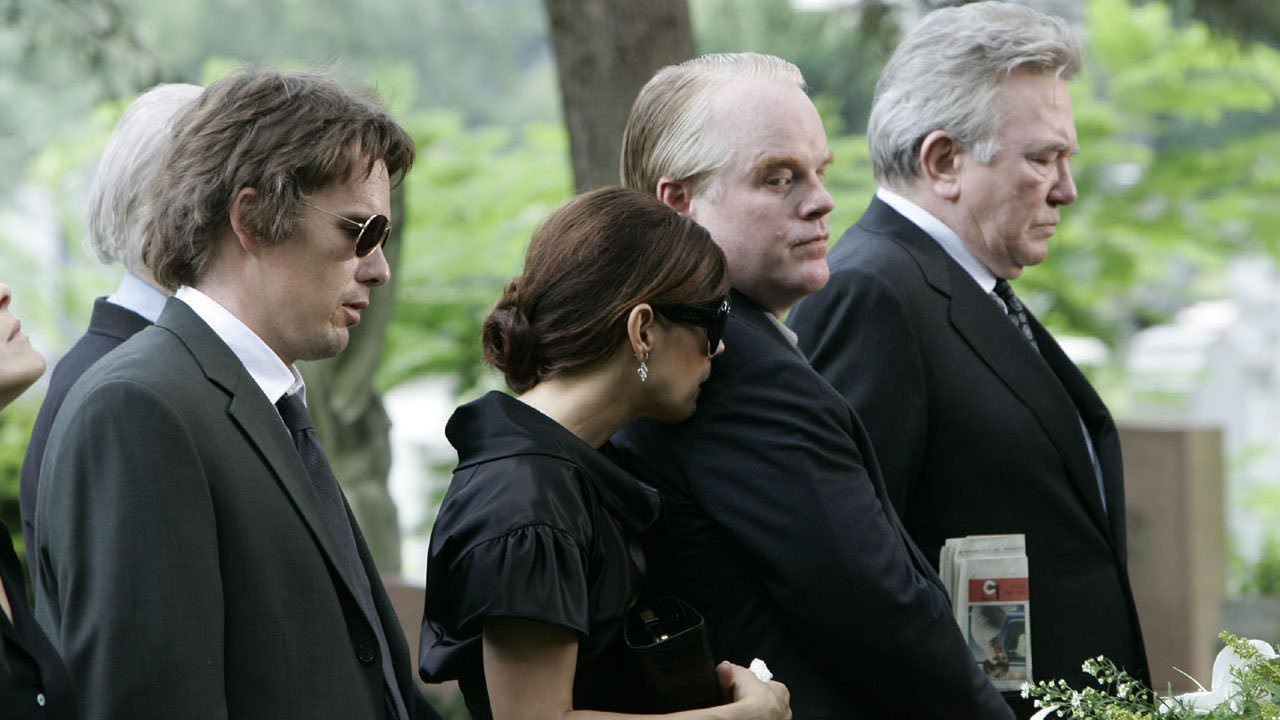
Just when it seemed we’d already seen the last from the mastermind behind “12 Angry Men” and “Network”, a then-83-year-old Sidney Lumet came back in style to tie an elegant knot in his celebrated career with a lean and mean, ’70s-inspired heist throwback, which finds Ethan Hawke and Philip Seymour Hoffman in top form as two debt-ridden brothers who hatch up a plan to rob their parents’ jewelry store.
Even if you think you know where the broad strokes of the story are headed, watching the con-men duo paddle frantically to keep their heads above water once their criminal scheme backfires spectacularly should keep you engaged all throughout — ditto for small but killer turns by Albert Finley, Marisa Tomey and Michael Shannon. Purists will surely point to “Dog Day Afternoon”, but there’s a real argument to be made for this one as Lumet’s most criminally overlooked genre offering, a movie that flew under the radar but should nevertheless appeal to viewers who have seen “Fargo” and “Reservoir Dogs” too many times to count.
8. The Headless Woman (2008)
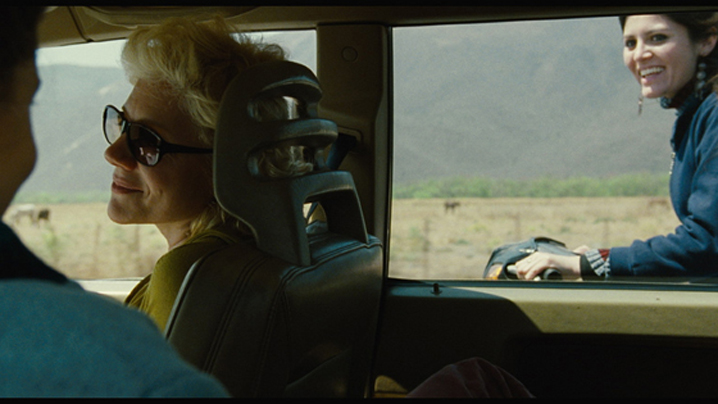
The thriller genre covers so much ground that many films seem to exist in the trenches between its realm and full-blown psychological horror. An underseen title that defies categorization altogether but offers rewards galore for those looking for a full serving of spine-tingling thrills, this stifling psychodrama by Argentine auteur Lucrecia Martel opens with a middle-aged woman running into what appears to be a dog with her car — though conveniently kept off frame for maximum suspense — and hitting her head.
That accident leads her to suffer a complete emotional breakdown, which the film vividly traces with a mix of handheld shots, frenetic editing and claustrophobic sound design. It’s no wonder that Ari Aster, a certified film buff and one of cinema’s foremost purveyors of trauma, grief and discomfort, recently singled out this unsung landmark in Argentinian cinema for praise, touting it as a constantly tense exercise on alienation and disorientation that that quickly gets under the viewer’s skin. It goes without saying, but any film that manages to freak out the director of “Hereditary” and “Midsommar” is worth tracking down.
9. Election (2005)
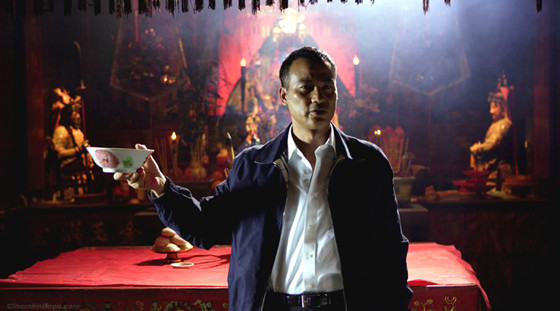
Although he kicked off the aughts by cementing himself as a mainstay of the thriller genre with a formidable run of high-octane offerings, Hong Kong maverick director Johhnie To entered the new millennium as a virtual unknown outside of his homeland and niche cinephile circles, which made it highly unlikely for casual moviegoers to turn out in droves for his new work.
It’s a crying shame that not enough attention has been made to “Election”, the best of To’s 2000s output and a genre touchstone with similar cross-over potential as John Woo’s heroic bloodshed shoot-’em-ups. In detailing the vicious power struggle between several Triad members leading up to the forthcoming election to select the next acting chairman of Hong Kong’s criminal underworld, Johnnie To fashions an operatic, stylish mob saga in the tradition of “The Godfather” and “Goodfellas” that captures the codes of honor, brotherhood and long-standing rituals of the mob with heart-stopping clarity. Not only did “Election” spawn a surprisingly solid sequel that you should definitely check out once you’re done with it, but the film was also cited by Quentin Tarantino as his favorite release of 2005.
10. Dead Man’s Shoes (2004)
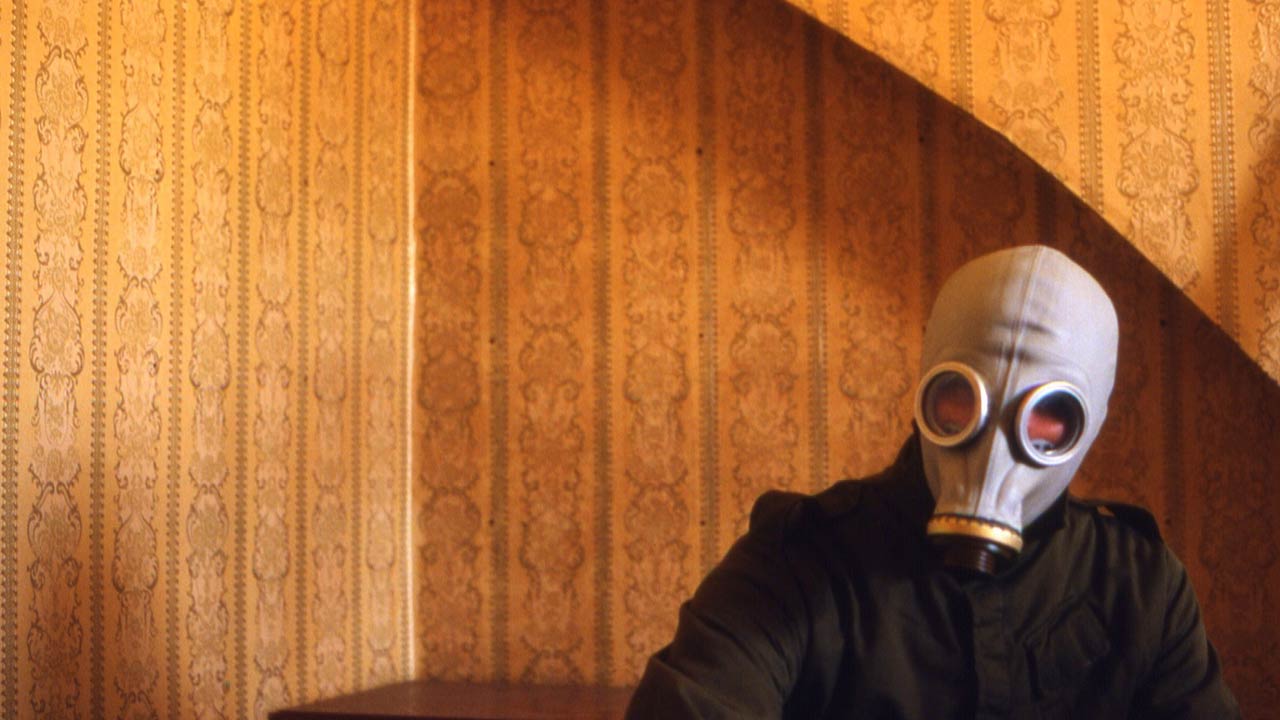
English writer-director Shane Meadows isn’t exactly what you’d call a household name — even in his country, his most acclaimed work by far would be the 2006s “This Is England” drama that spawned its own spin-off series — but the lack of fanfare for his stripped-down revenge thriller is still nothing short of infuriating.
Equal parts feel-bad splatterfest and pulpy grindhouse throwback, “Dead Man’s Shoes” combines a lean script with gritty realism and a disarmingly straightforward set-up of a mentally unstable soldier (a downright electrifying Paddy Considine) returning home to the small town of Matlock, Derbyshire dead-set on avenging his mentally impaired little brother, who was brutally tormented by local thugs. “God will forgive them and allow them into Heaven. I can’t live with that,” says Considine’s character at one point. Brutal violence, obviously, follows.